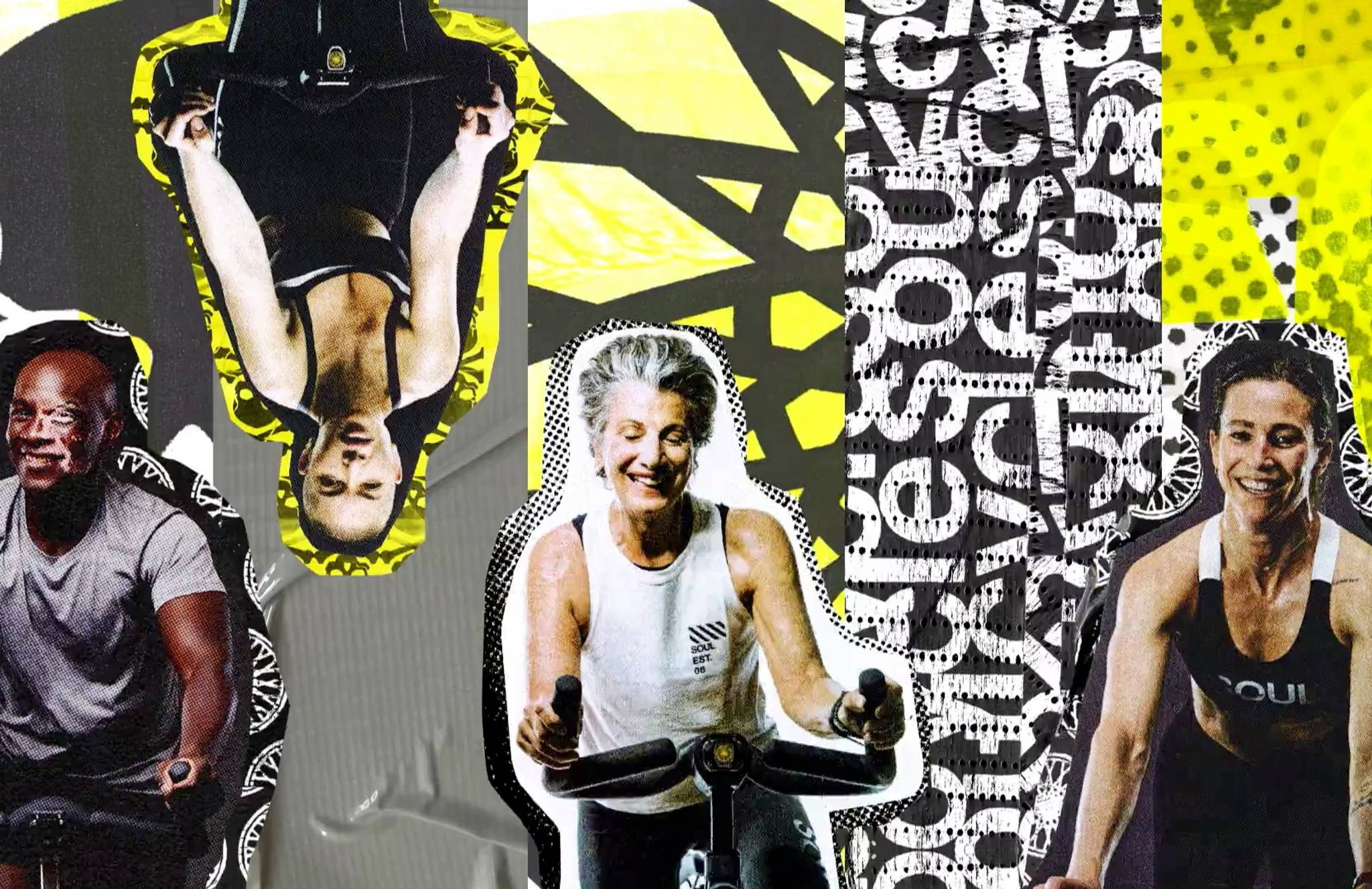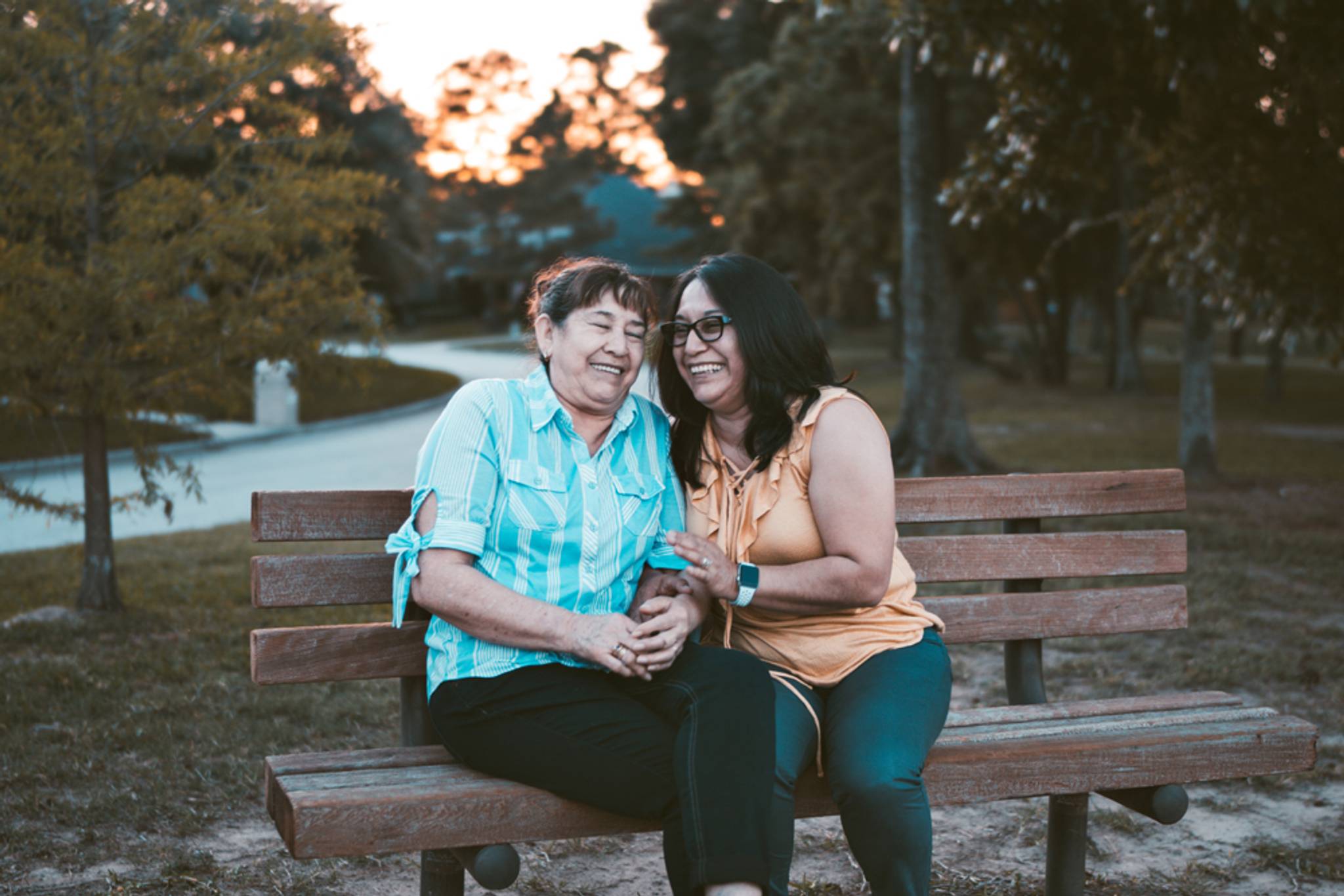
Mental Health Awareness Week takes place in May in the UK, it’s a time to spotlight how good mental health practices can affect people's wellbeing. At Canvas8, we believe mental health awareness should be a focus year-round. From using the power of sound to look after mental wellbeing to exploring who the new digital health advocates are, here are our top ten pieces of content that observe how people are seeking greater mental wellness.
Young people want relatable mental health content – as younger generations spearhead open discussions surrounding mental health, a typically-taboo subject is destigmatised and allowed to enter mainstream discourse. As people look for mental health treatment that best suits their needs, brands are marrying music with mental health to create stimulating and relatable audio experiences.
Gamers expand mental health and wellness online – gamers are sharing their candid mental health experiences in online communities, opening up the dialogue around what self-care looks like in digital landscapes. New mental health gurus and leading figures are emerging and brands can use technology to facilitate better mental health support in online spaces.
TikTok helps Gen Zers maintain their mental wellbeing – TikTok’s Gen Zer fans are watching videos of their peers going through the same struggles to help them to feel less alone. Given this generation's tech-savviness, brands are providing digital support that gets this cohort talking, creating compassionate communities and digital safe spaces in the process.
Digital health advocates give a human touch to health tech – a return to IRL healthcare has shown the value in the human touch when approaching complex mental health issues, with people in the UK preferring in-person consultations that provide accurate recommendations. While tech can do some things better than humans, brands can adopt a hybrid health tech approach to better connect with people's mental health needs.
Anti-anxiety plushies appeal to anxious Americans – people are becoming more candid with how they express their emotional wellbeing, and many in the US are turning to weighted stuffed animals for their calming and comforting properties. As people become more explorative with how they choose to wind down and relax, brands can allow people to find new niche self-care outlets.
Athletes broaden mental health conversations – Naomi Osaka was fined $15,000 at the French Open after her decision to not attend tournament press conferences for mental health reasons. Mental health app Calm stepped in and matched the donation giving it away to mental health charity Laureus, signalling how brands are destigmatising mental health conversations by participating in wider cultural conversations and offering athletes and public figures greater support.
Men want better mental health support – as campaigns like ‘Boys Do Cry’ call attention to the conversation around male mental health, men are looking for supportive communities where they can be vulnerable, talk openly, and be free from judgement. By challenging prevailing narratives and breaking down masculine stereotypes, brands can positively impact men's mental wellbeing by creating safe spaces where they can be their authentic selves.
Young people’s mental health needs aren't being met – many young people can't access mental health support when they need it most, putting pressure on doctors and healthcare systems that are already under strain. Brands can bridge the gap by offering their own means of mental health support, catering to Gen Yers and Zers who are turning to gaming and social media to stay on top of their mental health needs.
People want discreet mental health support – the stigma around mental health continues to dominate in countries like Singapore, many don't feel equipped to deal with such concerns due to a lack of education and societal taboos. As people seek personalised and private approaches to their mental health care, brands can support those who aren't ready to talk openly through knowledge and learning while moving the mental health conversation forward.
Employees want mindful workplace wellbeing – people are looking for workplaces whose values align with their own and companies that offer mental health support are a big draw. Supportive work environments that make mental health a priority allow employees to feel supported. Brands can create open channels of communication where employees can be anonymously candid about their work lives and the impact this has on their mental health.



